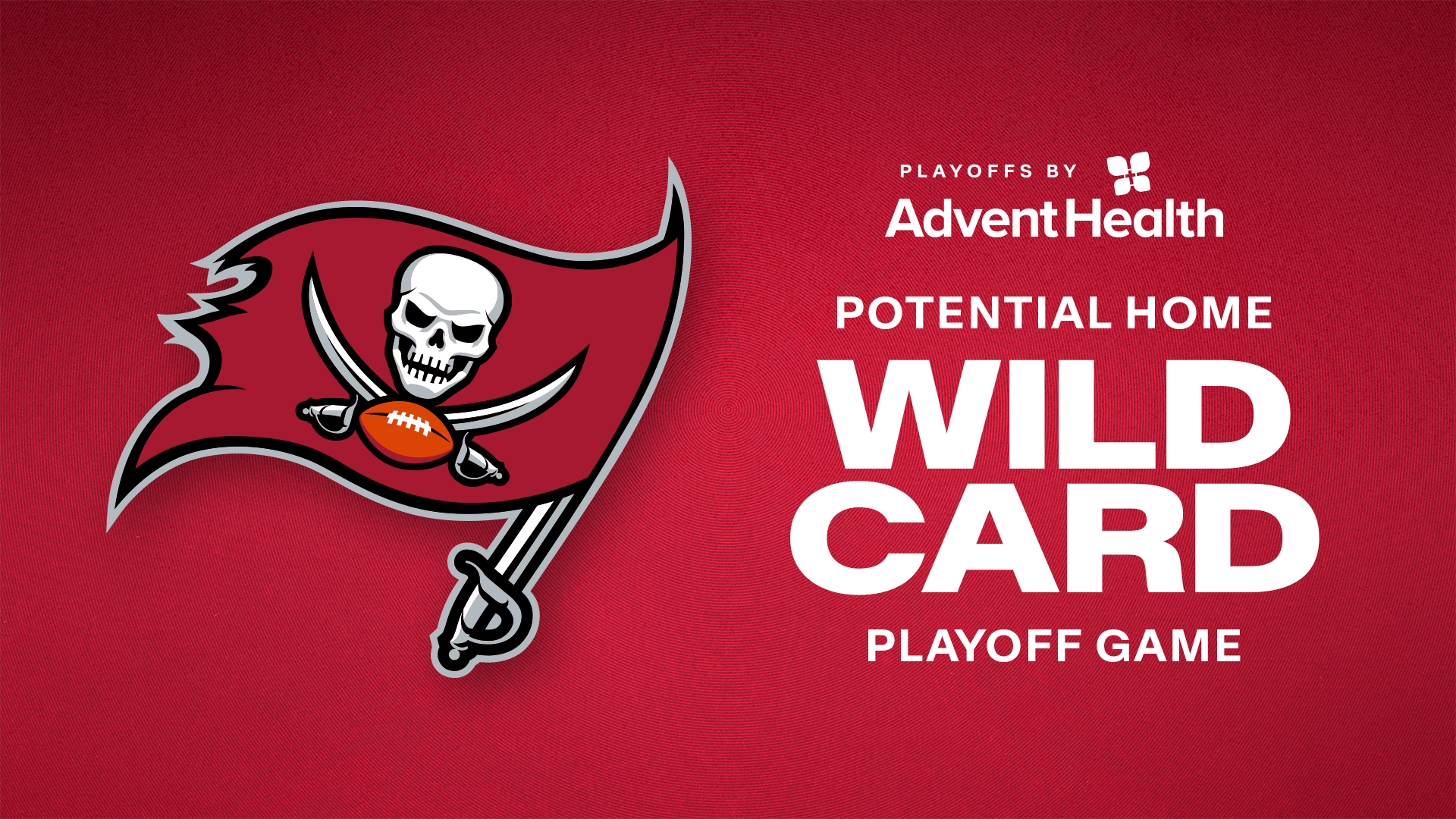LB Derrick Brooks has been an integral part of two of the three top-ranked defenses in Buccaneer history
Derrick Brooks said the Tampa Bay Buccaneers' defensive veterans had a simple goal as 2005 began: Improve over 2003 and 2004.
It's understandable that Brooks and company would be bent on significant improvement in '05, given that the Buccaneers' legendary defense had slipped drastically the previous two seasons. All the way down to fifth in the NFL.
Obviously, there are different standards in place at One Buccaneer Place, at least when it comes to defense. When you rank in the top 10 in the league for nine years running – one shy of the NFL record for such streaks – you find fault where others would be celebrating. Fifth is nice, but these Bucs had tasted first during their 2002 Super Bowl season, and they wanted to be back on top.
Now they are.
By giving up 306 yards to the New Orleans Saints on Sunday, the Bucs' defense finished the season with an average of 277.8 yards allowed per game, best in the NFL. After spending Weeks 2-8 on top of the rankings, the Bucs had slipped to second behind Chicago for the past seven weeks, only to leap back over the Bears on the final weekend. Chicago allowed 281.8 yards per game; the Carolina Panthers were third at 282.6 and Pittsburgh (284.0) and Baltimore (284.7) rounded out the top five.
Though Tampa Bay's defense hasn't been ranked lower than sixth since 2000, the 2003 and 2004 versions didn't quite uphold the standards of the incredible 2002 version. Injuries to some key players – Brian Kelly, Anthony McFarland, Shelton Quarles, Jermaine Phillips – played a part in the slight dip, but the Bucs also believed a refocused attitude would help with the rebound. The top-ranked 2002 team played with a passion after "slipping" to sixth in 2001.
"Well, we wanted to be better than we were last year," said Brooks. "That's where we started with the improvement. Over time, that's one of the things we've been able to do – every year we've slipped, we've bounced back. That's a credit to a lot of guys contributing. Obviously, finishing number-one in the league is a tremendous accomplishment for our team."
The NFL ranks its offensive and defensive units by yards, and that is of course only one way to measure the strength of a team. The 2002 Bucs' defense was clearly the best in the league that year, by almost any metric, but one could argue for several teams this season.
The Bears allowed the fewest points in the league, and Indianapolis was second in that regard, while the Bucs finished eighth. The Bengals forced the most turnovers, followed by the Panthers. Chicago and Seattle had the two best defenses inside-the-20, in terms of touchdown percentage allowed. Jacksonville and Indy had the two best pass-rushes, statistically. The Bears' defense scored most often. The Bucs gave up the fewest first downs while Atlanta was toughest to beat on third down.
So you may interpret the statistics however you wish. However, even the most stat-phobic person at One Buc Place, Head Coach Jon Gruden, recognized the magnitude of his defense's accomplishment.
"I think it's big," said Gruden. "To say you're number one in the NFL in team defense, statistically speaking, that's a great accomplishment. It's a well-coached defense, we've got some dynamic playmakers, the effort level, the standards are high and we've had a lot of newcomers – [Chris] Hovan and some of our young safety men – come in and really help us. I think the health of Anthony McFarland [and] Ellis Wyms certainly helped us this year."
McFarland and Hovan were monsters against the run this season and the team was much more stout in that category than it had been in 2004, which was most obvious statistical reason for the turnaround. The Bucs were particularly good at avoiding the long runs that killed them last year, allowing 10 fewer carries of 10 or more yards and seven fewer jaunts of 20 or more yards. In fact, Tampa Bay and New England tied for the fewest runs of 20 or more yards allowed in the NFL, at three each.
"Our run defense got back to basics with pursuit angles, establishing a point of attack," said Brooks. "Obviously, you take 25, 30 yards a game just off of that. Like I said, I wish we had more turnovers than we had, but there's no better way to start than [Dewayne White's] sack."
The top-ranked '02 defense only produced one more turnover (31) than did this year's squad, but they also scored nine touchdowns, including the playoffs. White sealed the Bucs' win on Sunday with a sack, strip and return for a touchdown, but it was "only" the third defensive score for Tampa Bay this year. If anything, the Bucs have been more consistent than flashy this season – as personified by workhorse leading tackler Shelton Quarles and his 196 stops – and with the exception of a three-game stretch in November they've been very difficult to score against.
"We have only had a couple real dark moments, defensively," said Gruden, probably reliving some shady moments in the previous two years. "Other than that, we have been pretty stout. Otherwise, we wouldn't be number one in the NFL."
The Bucs have now finished first in the NFL's defensive rankings three times – 1979, 2002 and 2005. Brooks has been there for two of them, and he knows there's no secret formula for rising to the top.
"We just got back to the basics of just doing your job," he said. "Get off on third down, stop guessing, play within the defense and keep the ball in front of us."
























